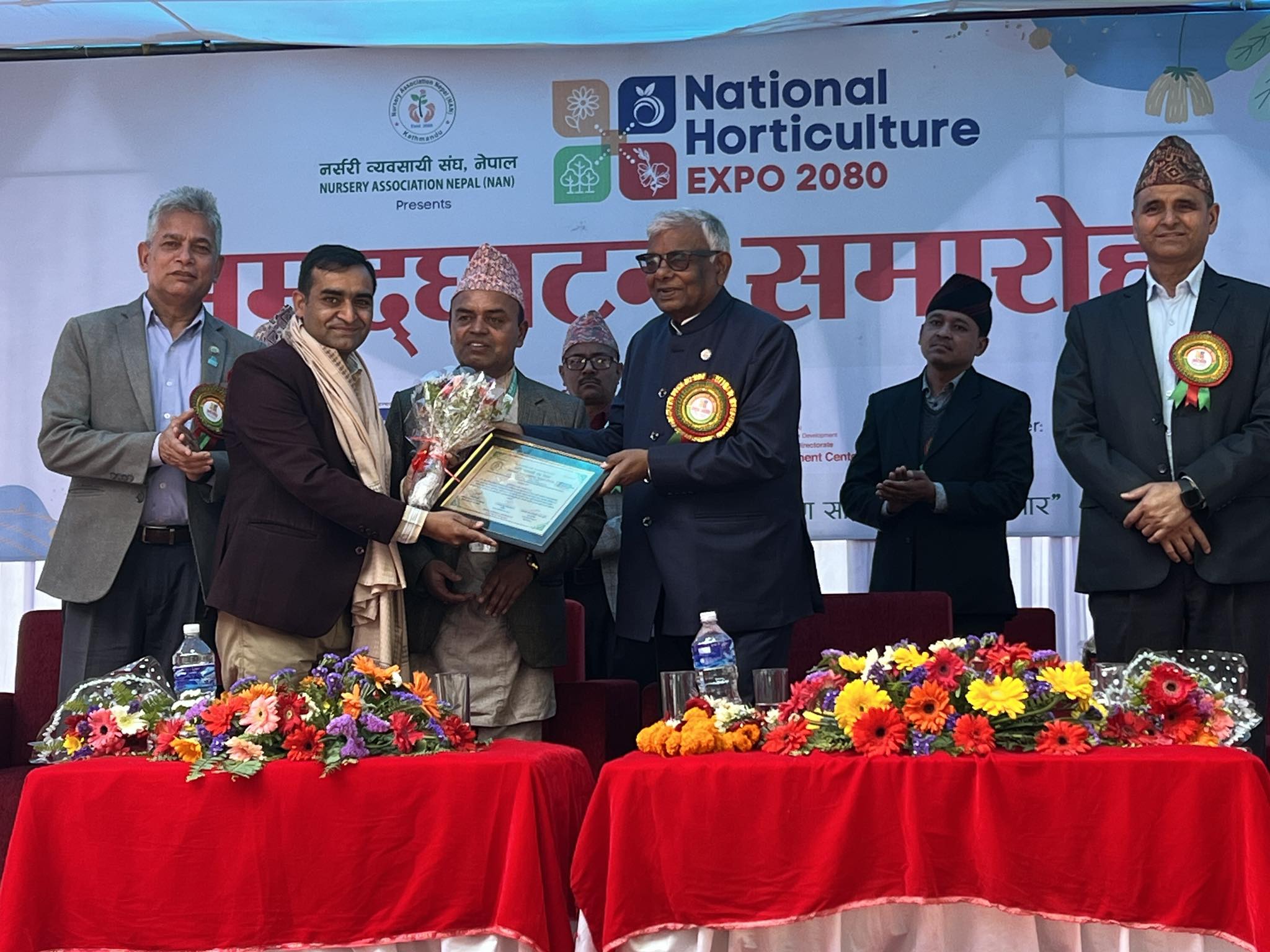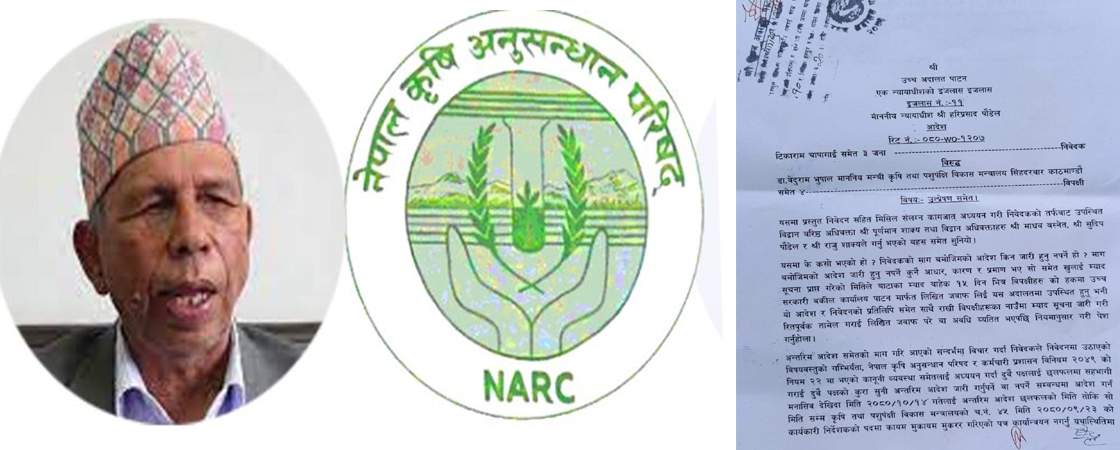Kathmandu– Two course on “Real-Time” foot-and-mouth disease (FMD) training were completed in Kathmandu on Friday 12 May 2017. 34 Veterinarians and animal industry stakeholders from Nepal, Australia and New Zealand participated in the training.
The international team visited active outbreaks of disease, conducted thorough outbreak investigations and interviewed local farmers in the different localities of Kathmandu and Nawalparasi districts. During the field visits, the participants went through the process of understanding the transmission patterns and impacts of this highly contagious livestock disease.
The training programme has been running since 2012 and is funded by the Australian Government, Department of Agriculture and Water Resources.
So far 120 Nepalese veterinarians alongside 250 Australian and New Zealand veterinarians have been trained.
In Nepal, FMD is endemic, and outbreaks occur frequently, leading to heavy production losses for affected farmers. Nepalese veterinarians seek to improve their outbreak investigation skills, and understand the most effective ways to limit the spread and impacts of the disease.
The Real Time Training Courses are organised by FAO’s European Commission for the Control of Foot-and-Mouth Disease and FAO in coordination with Department of Livestock Services in Nepal. This unique programme combines colleagues from around the world who approach the same disease from very different standpoints.
Alongside the training courses, the programme funds support to the development of an FMD control strategy in Nepal, and provides regular technical expertise in the roll-out of the strategy and improved diagnostic testing at Nepal’s FMD and Transboundary Animal Disease Laboratory. The new FMD Control Strategy achieved ministerial approval in 2016. The programme is currently planned to run in Nepal until 2020.
Those from FMD free countries seek to improve their ability to diagnose the disease early and effectively, hoping to reduce the impact of an exotic disease incursion which could be devastating to their national economies with large export industries in animals and their products.






Add Comment